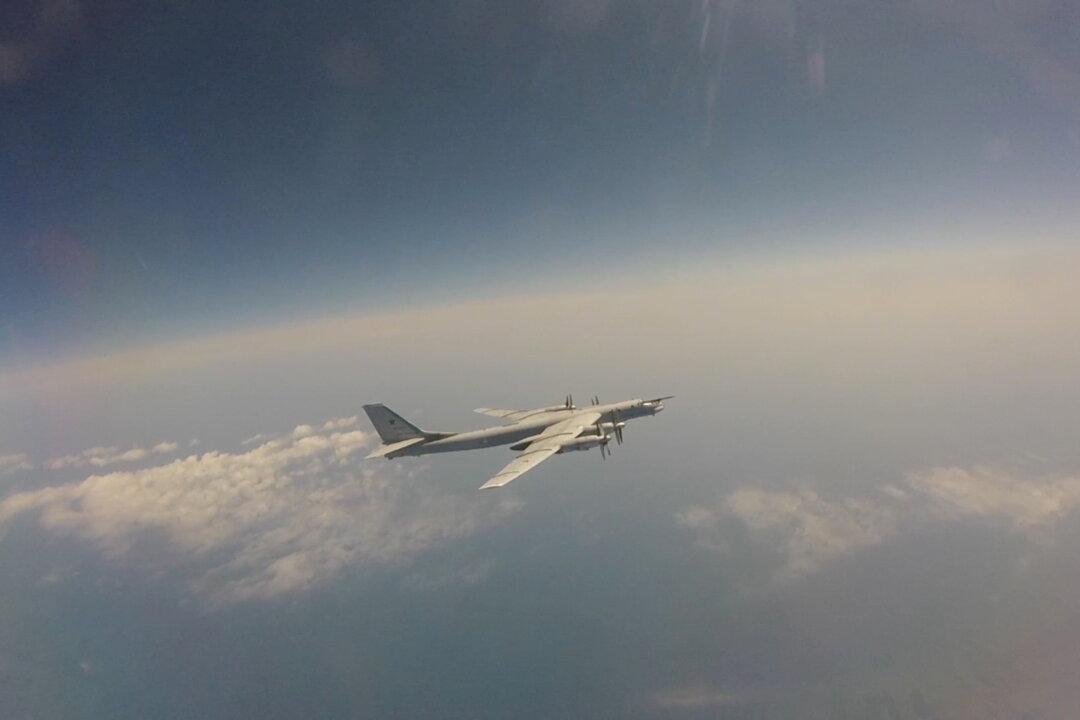China and Russia conducted their first joint military drills since the beginning of the war in Ukraine, amid a flurry of military activity that saw forces sortie from Japan and South Korea in response.
Elements of the Chinese and Russian air forces performed aerial operations over the Sea of Japan, the East China Sea, and the western Pacific. Nuclear-capable bombers and fighter jets from both nations were present. China and Russia conducted similar exercises in the previous three years as part of their annual military cooperation plan, but those exercises came later in the year.




